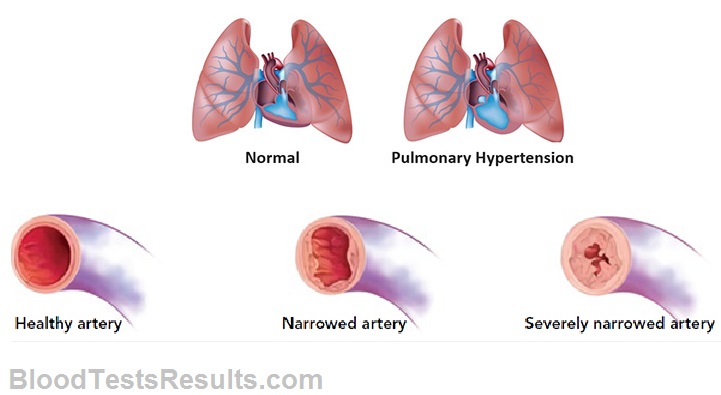After the breaking news in the Pulmonary hypertension treatment options, scientists expect up to 10 Years more in Pulmonary Arterial Hypertension Life Expectancy and accurate prognosis.
More than two thousand patients was studied to gather the acknowledge of average patient’s life expectancy.
Studies found that:
- overall one year survival was 85%,
- three year survival was 68%,
- five year survival was 57%
- and seven year survival was 49%.
How Long Can I Expect to Live with Pulmonary Arterial Hypertension?
PH is a terminal disease for which there is currently no accurate cure and shares many symptoms with other diseases, it is often misdiagnosed.
Since discovered in 1891, has no treatment until discovery of Flolan in 1994, optimistic research results show that Flolan increased the life expectancy from 3 to 5 years and more researches discover up to 10 medications to treat PAH and patients will continue to experience longer survival and better quality of their lives.

According to the news site "kaplan herald": Improved Pulmonary Arterial Hypertension Mortality Risk Scores Show Positive Impact of Ralinepag at the ISHLT 38th Annual Meeting & Scientific Sessions
indicated a ralinepag phase three program in patients with PAH is currently being planned to evaluate the impact on clinical outcomes and exercise capacity.
Another news website "brinkwire" wrote in Genetic study could lead to new treatments for sufferers of pulmonary arterial hypertension
A UK and Europe-wide consortium of researchers carried out whole-genome sequencing of 1,038 patients in the largest genetic study to date into this condition. They identified three novel genes and provided independent validation of another gene as a key risk factor in the disorder. Their study has been published in Nature Communications.
The identification of new genes relating to the condition highlights previously unexplored cell pathways in the disease’s progression and opens up new avenues for potential drug discovery and development.
Dr Laura Southgate, Lecturer in Genetics at St George’s University of London and a senior co-author of the research, said: “We knew that PAH has a strong genetic component but isolated cases were much harder to characterise genetically. This research takes us several steps closer to improved diagnosis and treatment as well as providing a comprehensive dataset for future researchers.”
A Blood test to Expect Low Risk of pulmonary Arterial Hypertension:
Brain natriuretic peptide (BNP) test is a type of blood tests that measures levels of BPN, BPN is a protein that is made by your heart and blood vessels. if the blood test results show higher BNP levels than normal you have heart failure.
Systolic blood pressure when comes high will increase the prognostic level of PAH
Echocardiogram: absence of pericardial effusion considered low risk of PAH.
However, Congenital heart disease is the lower risk type of PAH diseases, while other like familial, connective tissue, or liver related are on higher risk to be developed into PAH.
Hope you are alright and be optimistic.
